When a Cardinal Fell From the Sky (Reiko Yamada)
Reiko Yamada
view composer page

Duration:
6-10 minutes
07:30
Year Written:
2009
Instrumentation:
2 flutes,2 oboes,English horn,2 clarinets,bass clarinet,2 bassoons,contrabassoon,4 horns,3 trumpets,2 trombones,bass trombone,tuba,timpani,3 percussion,harp,piano,strings
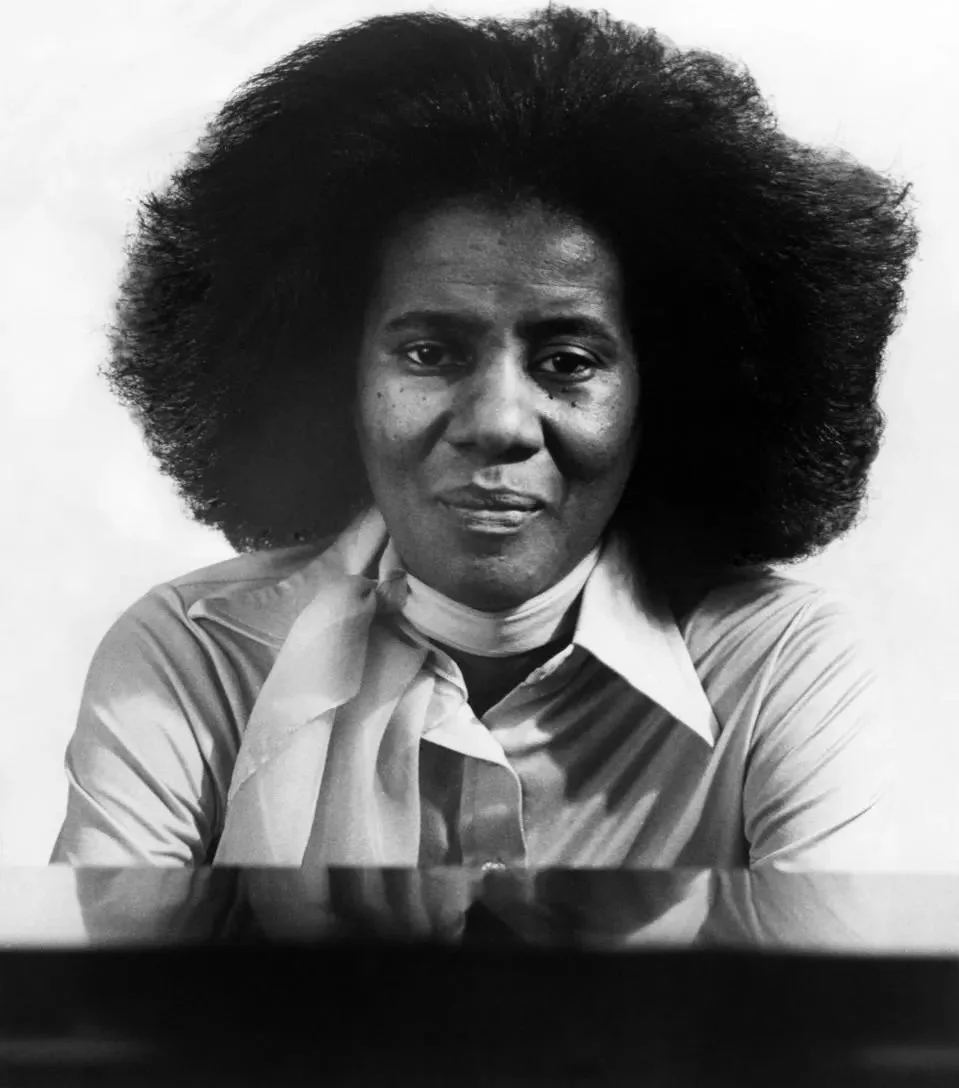
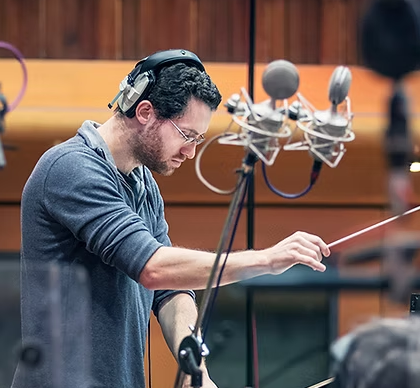

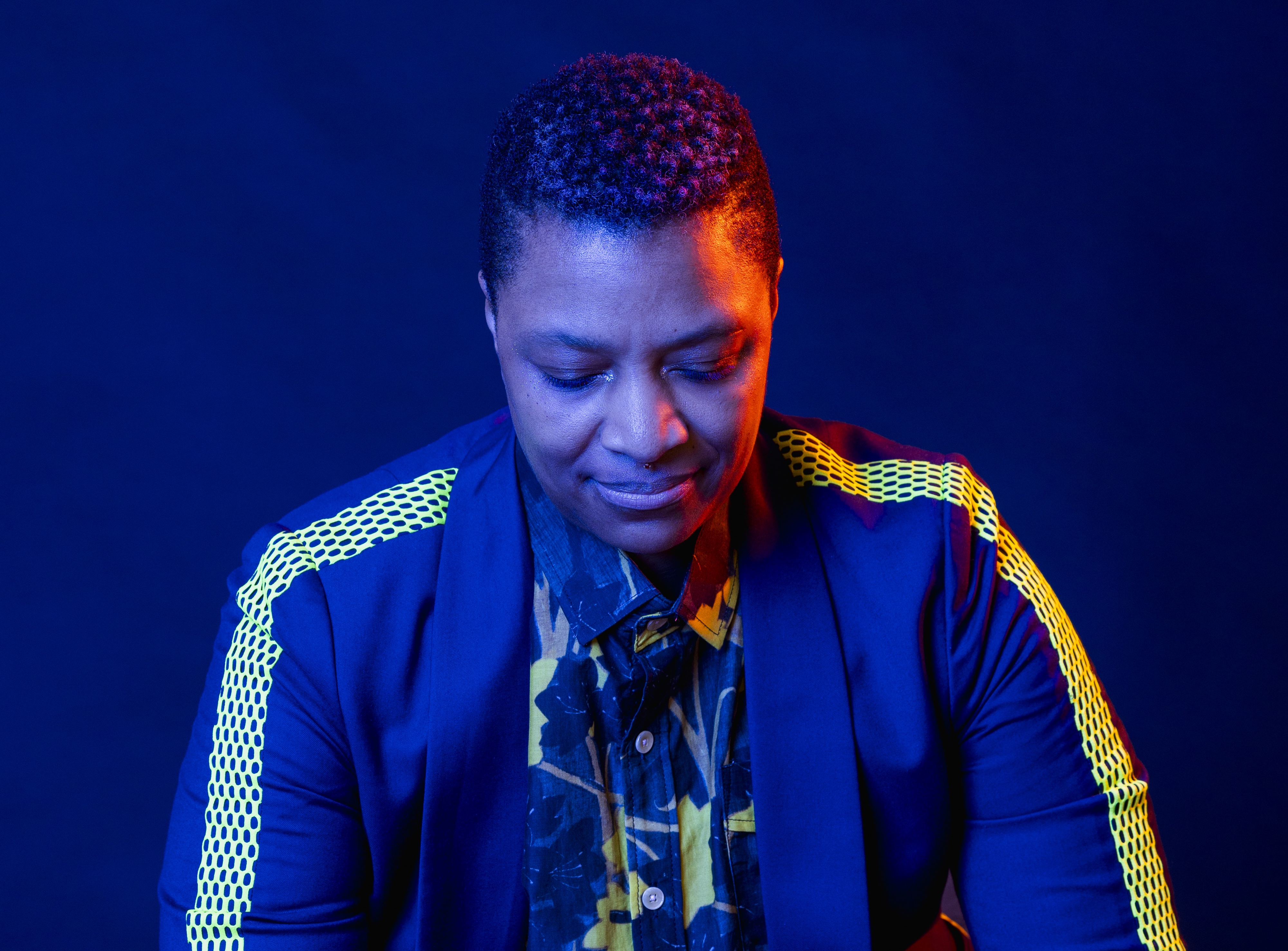


















































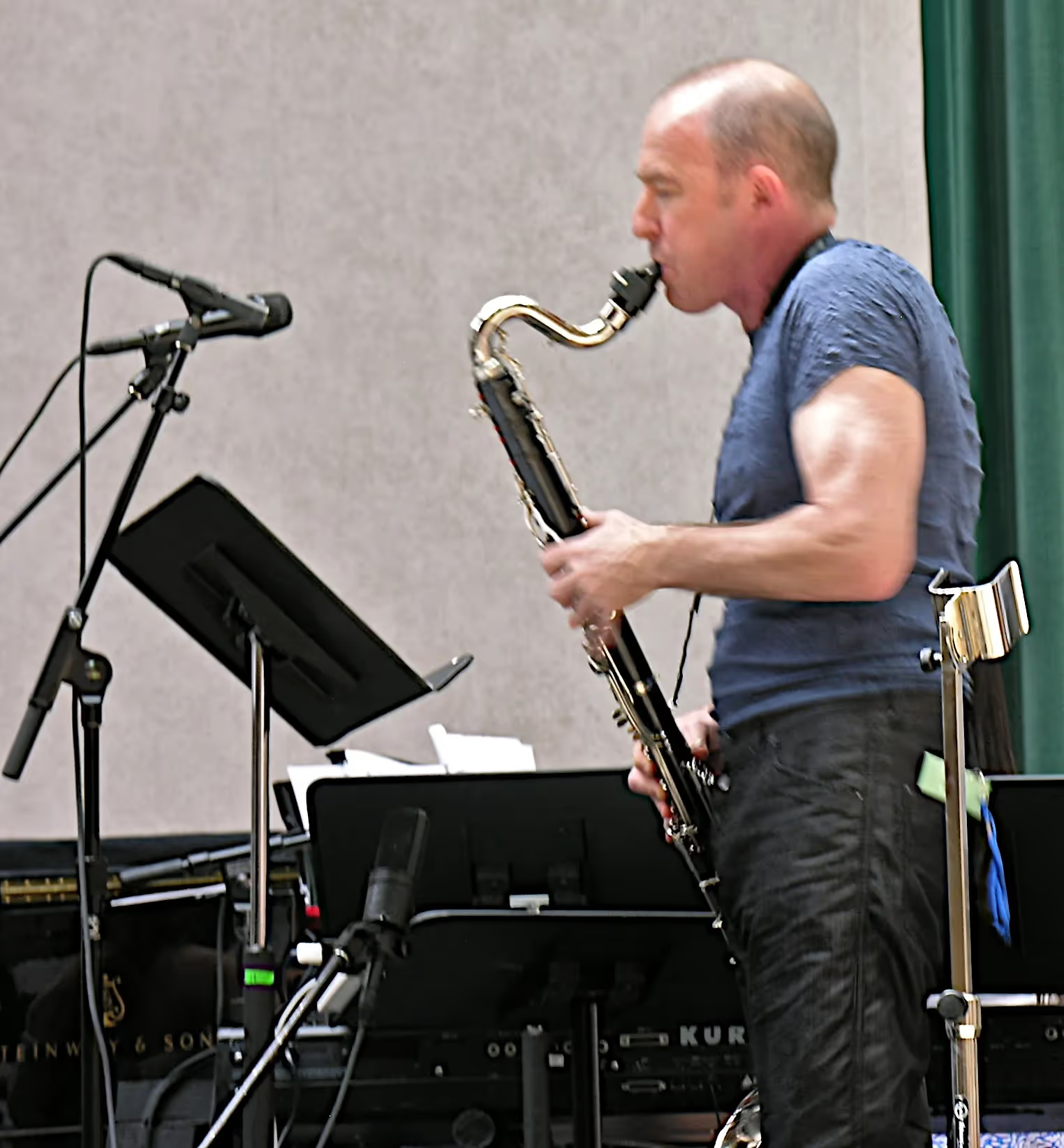
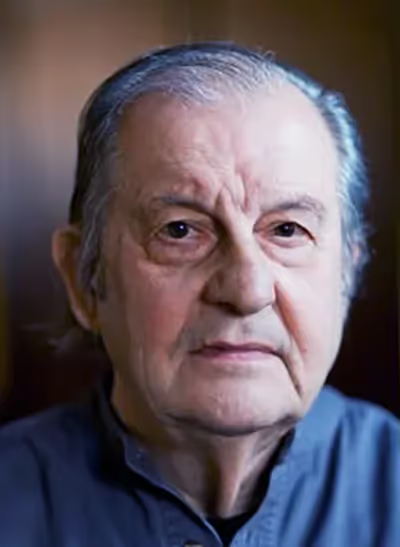

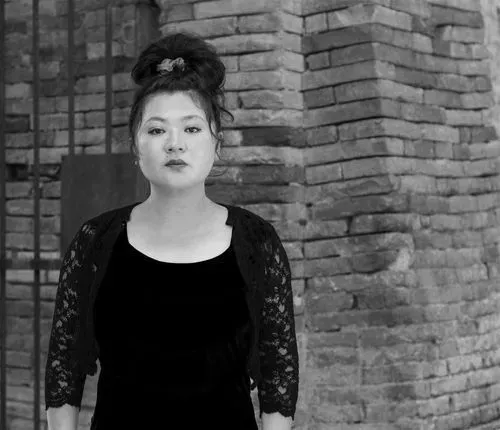
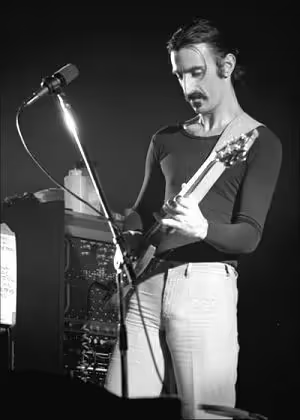
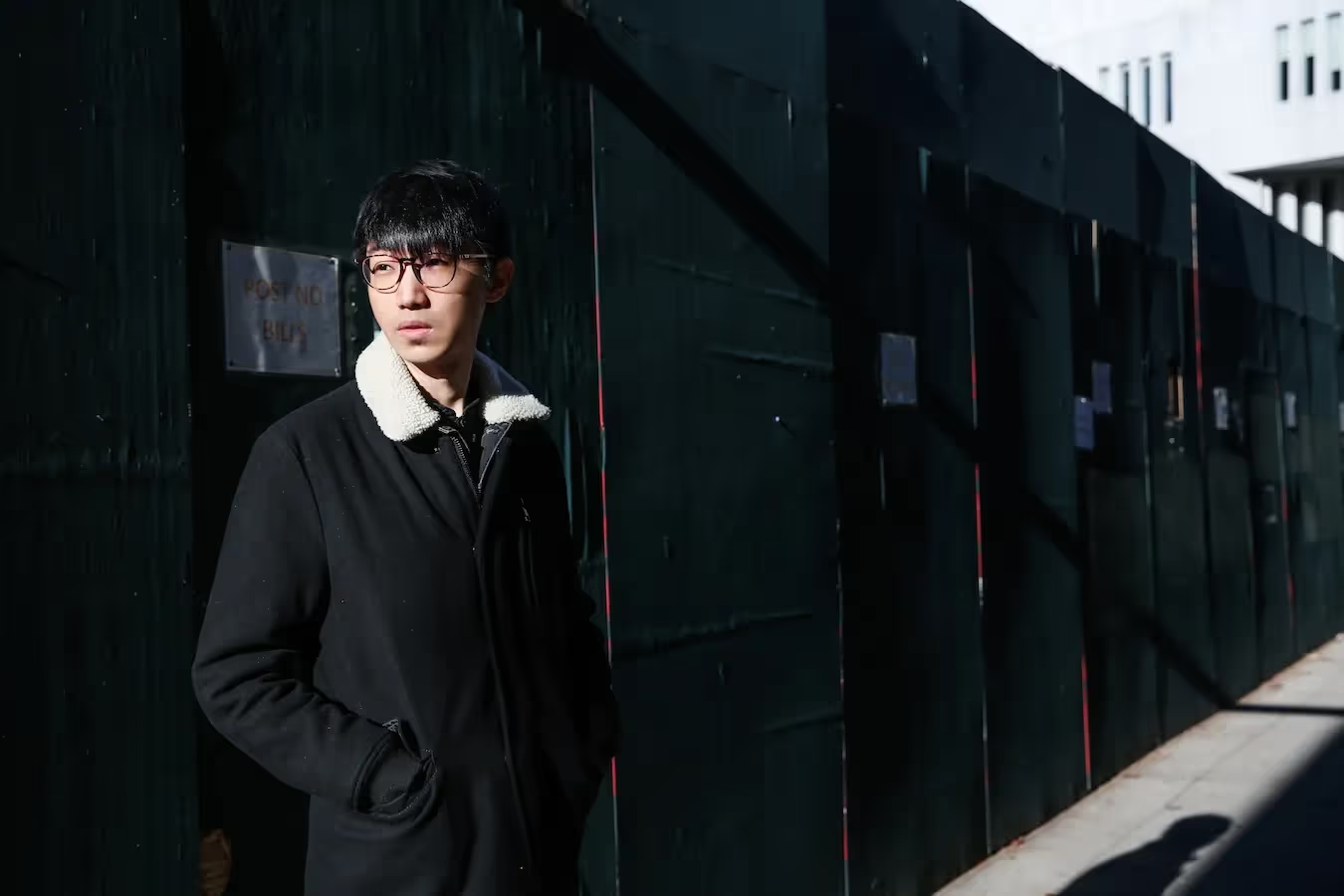




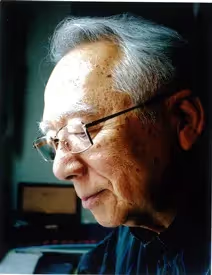



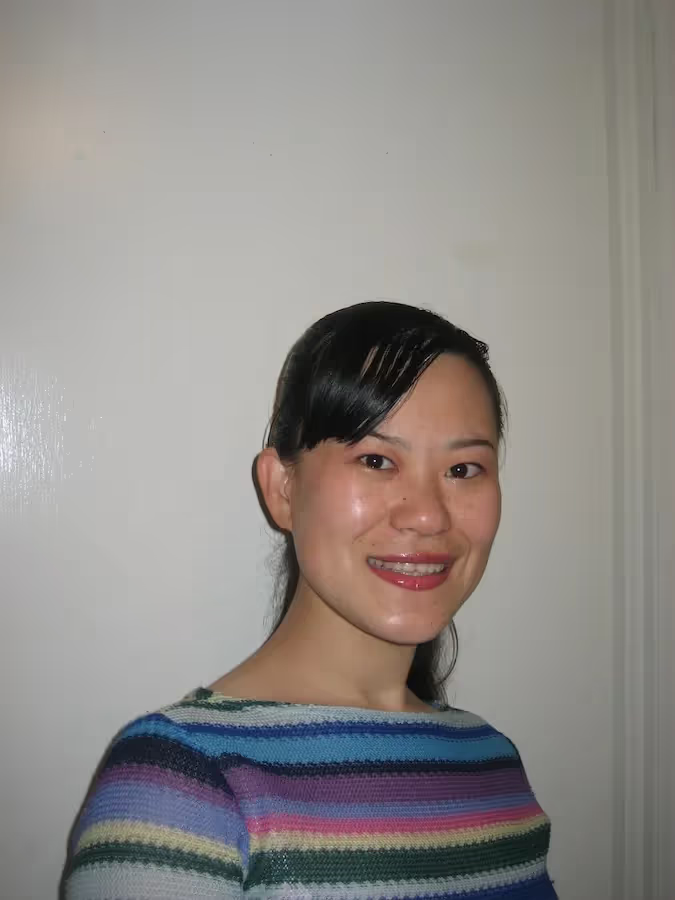
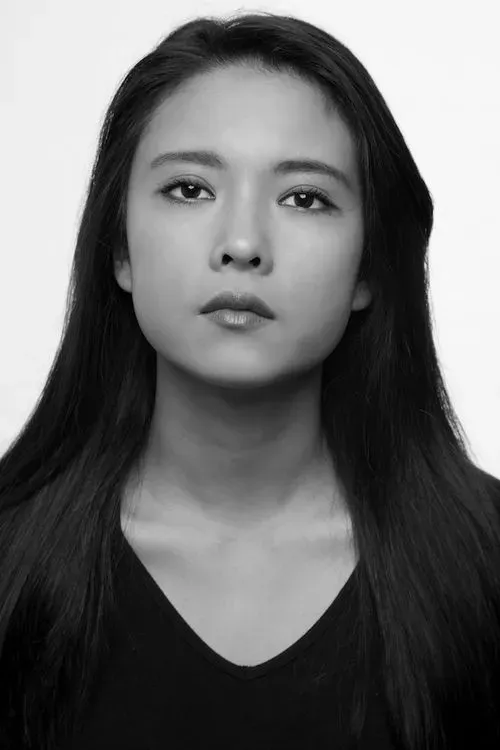

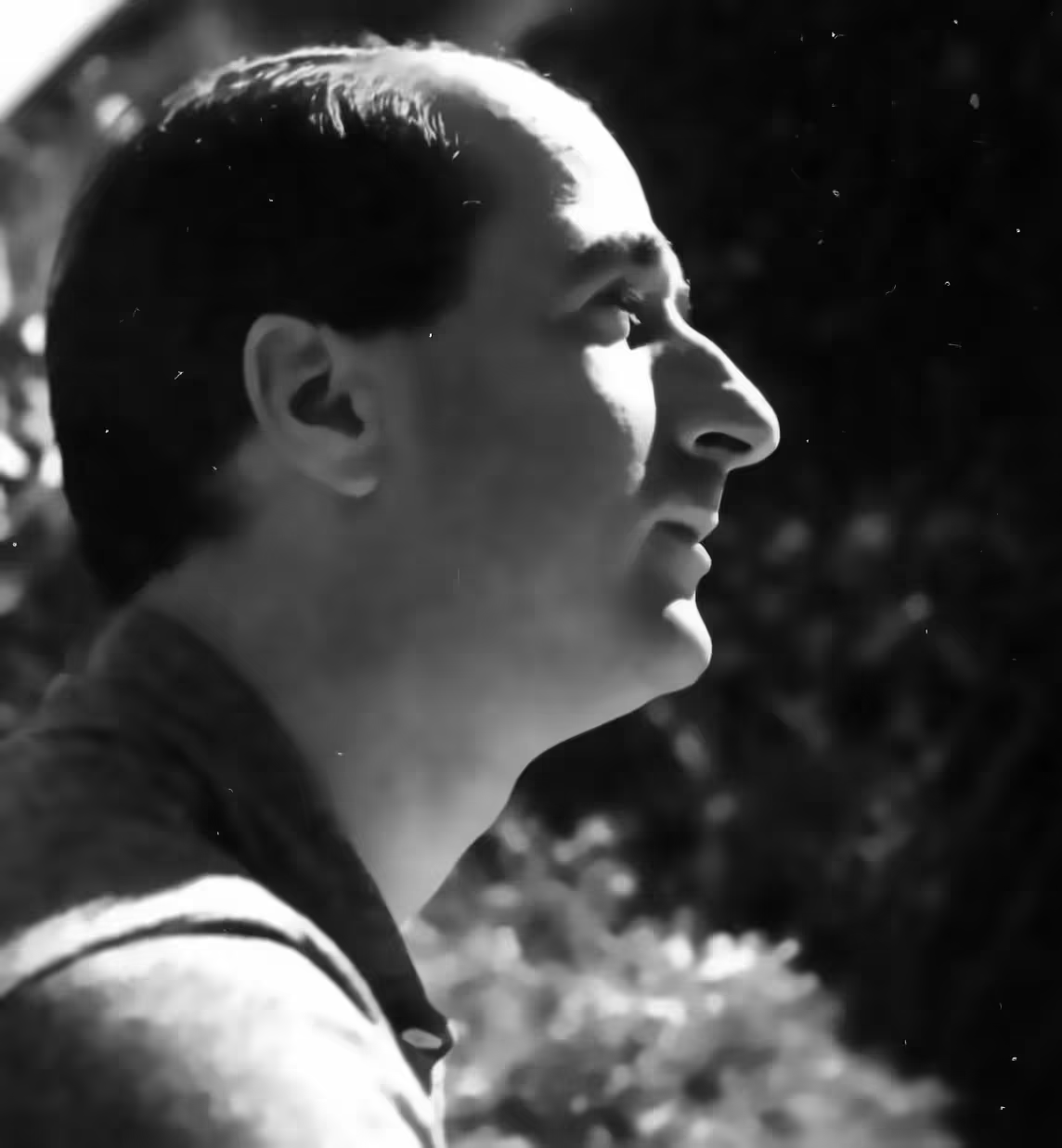
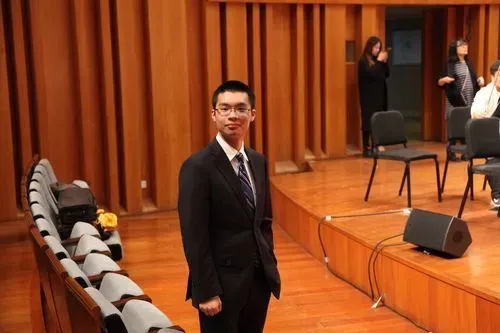
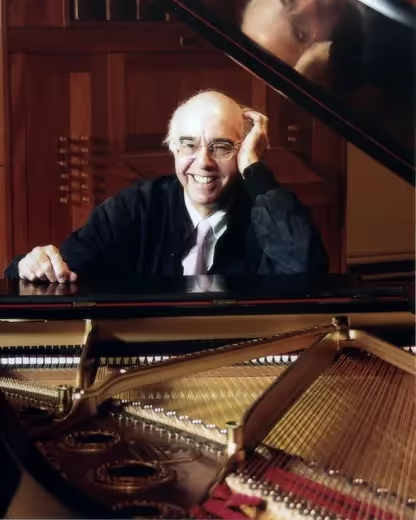


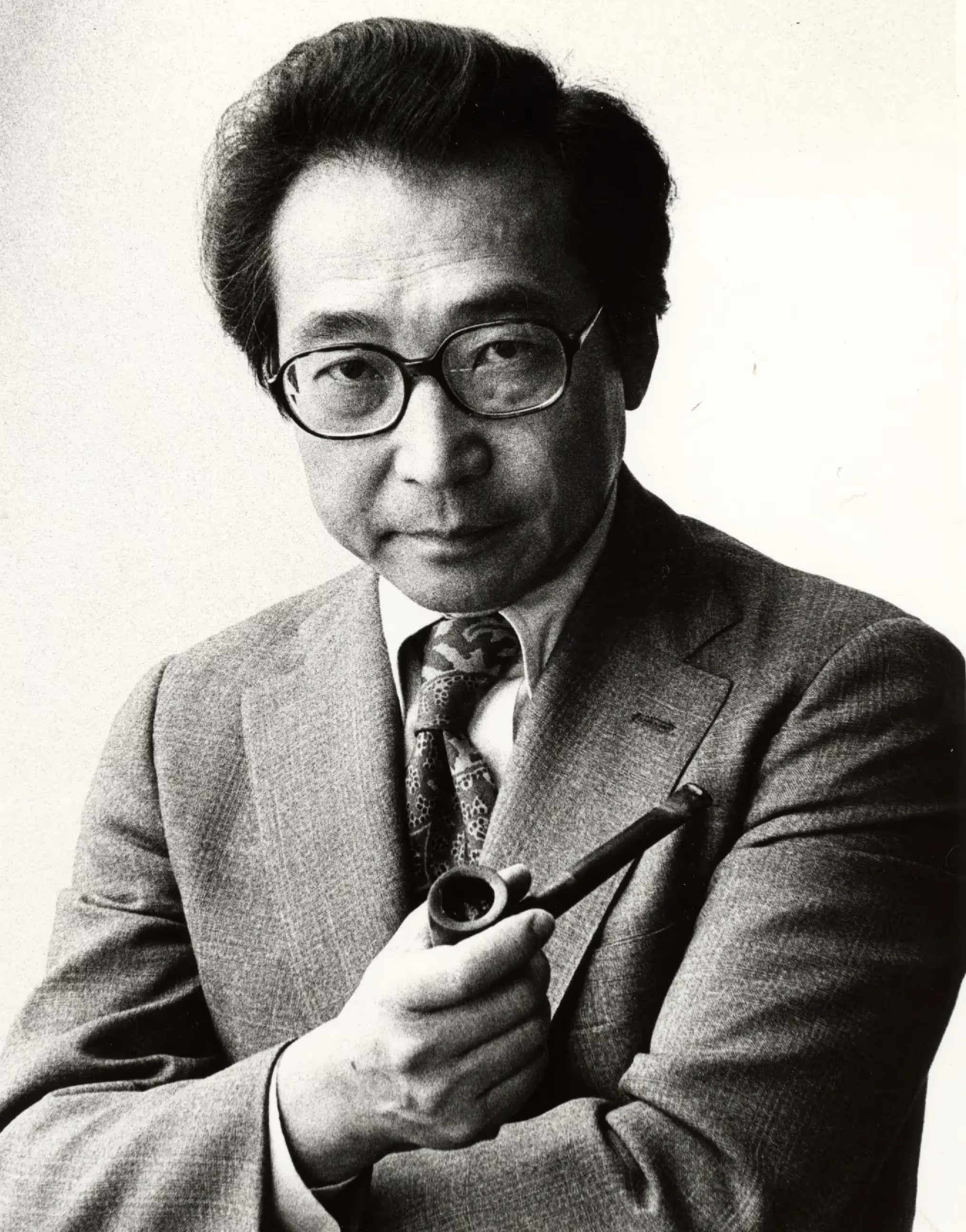

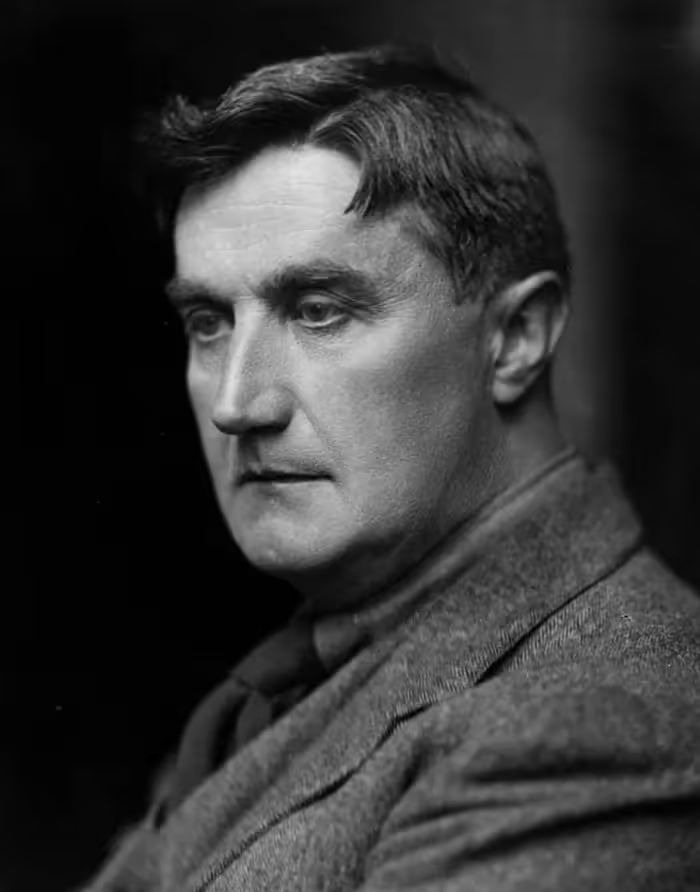
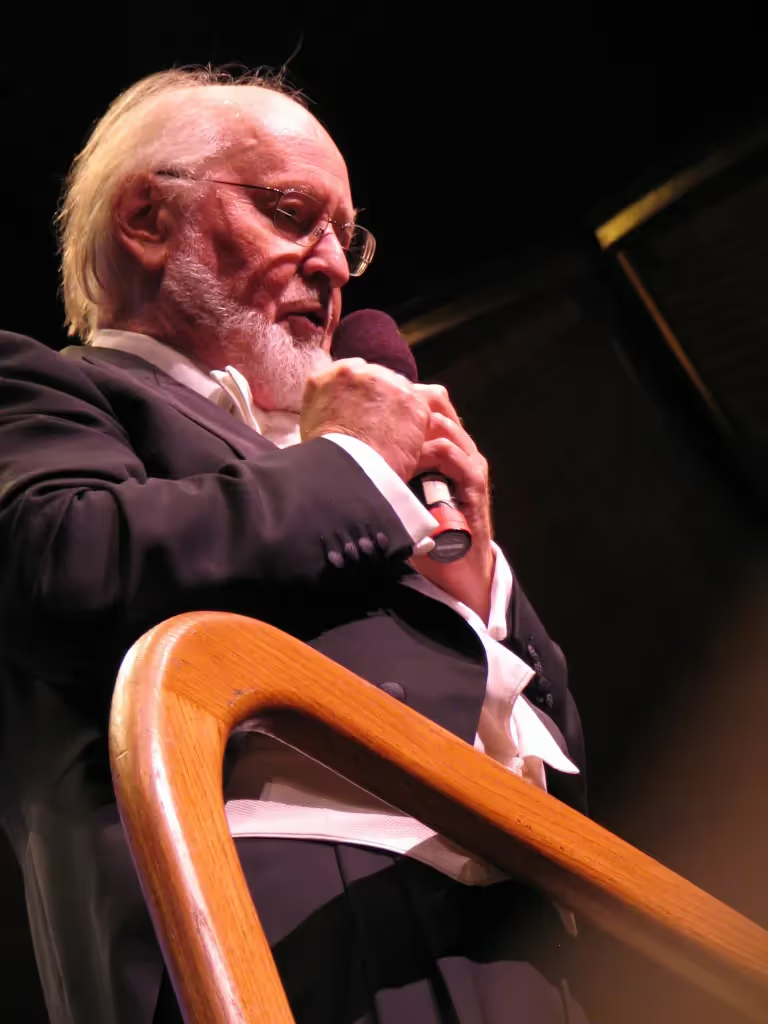
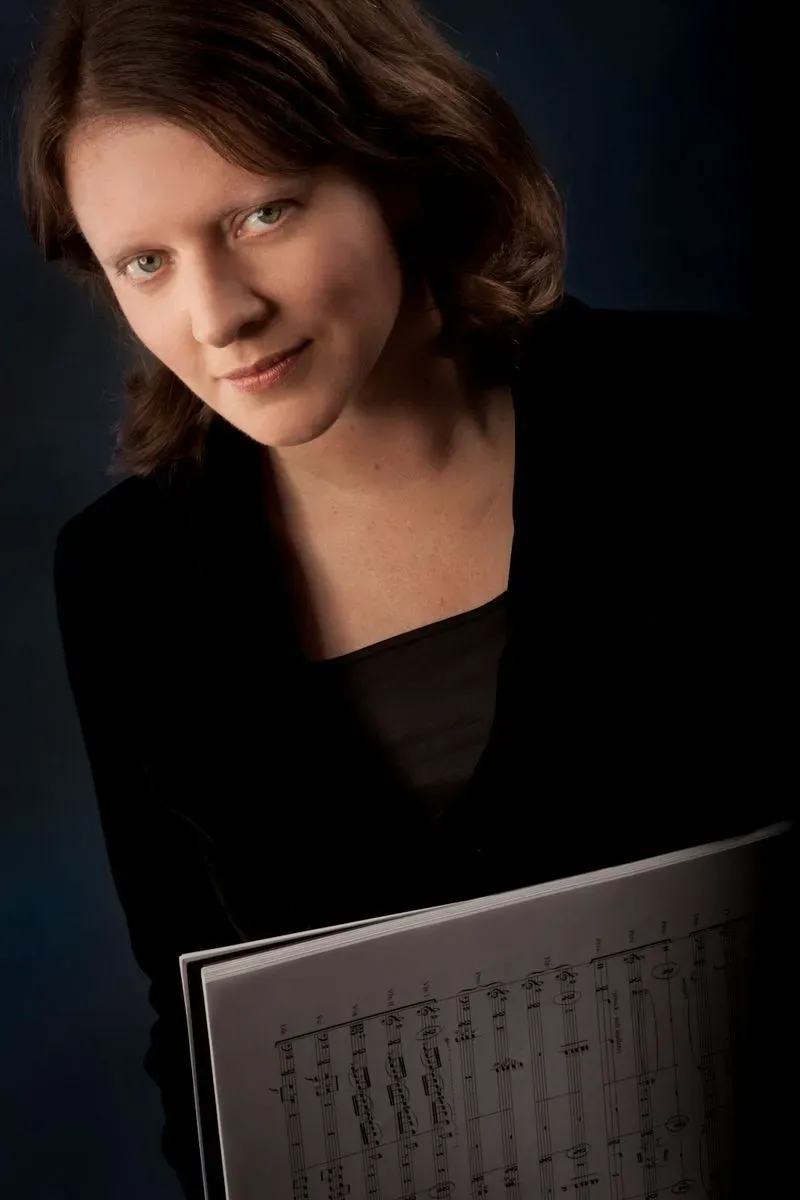
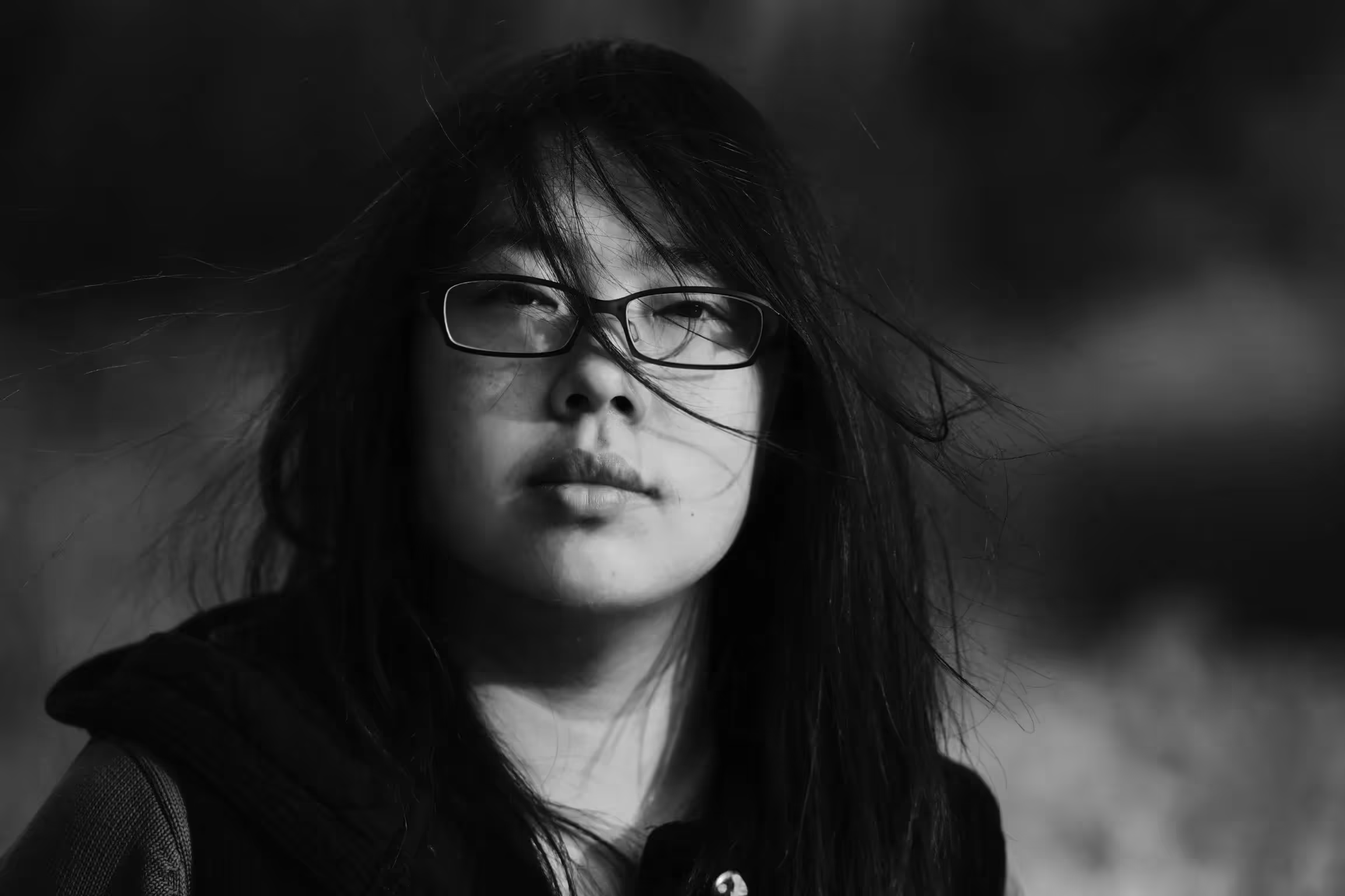
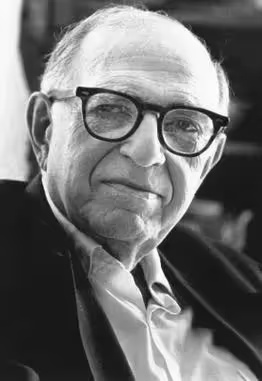

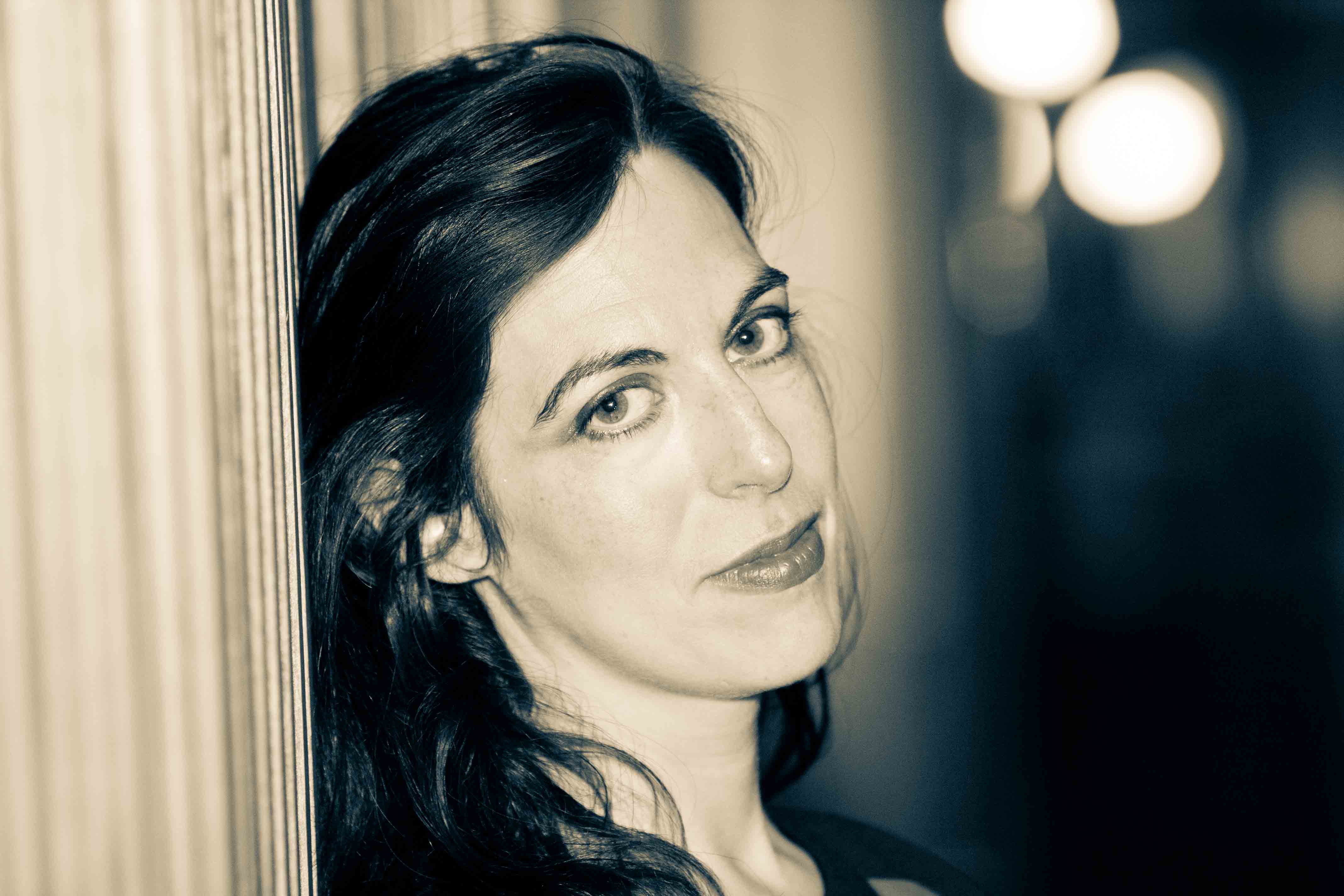
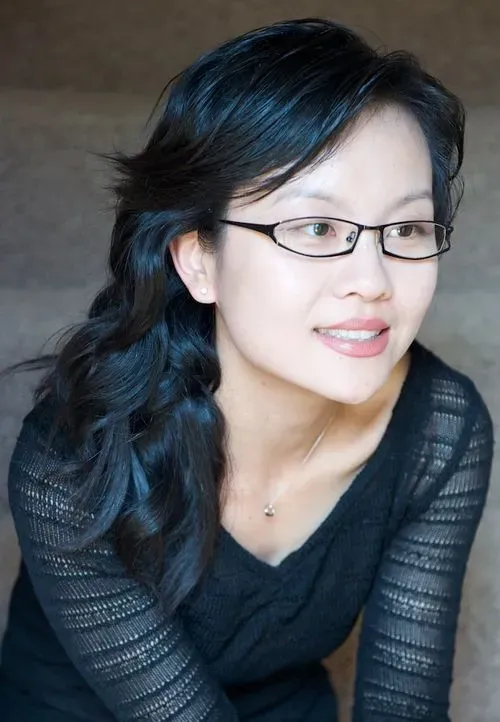
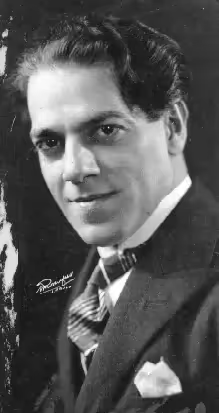
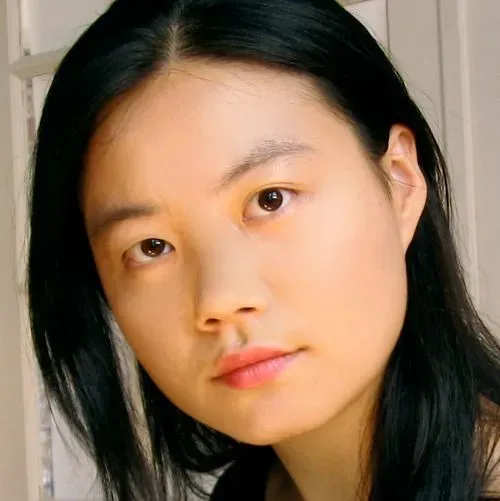


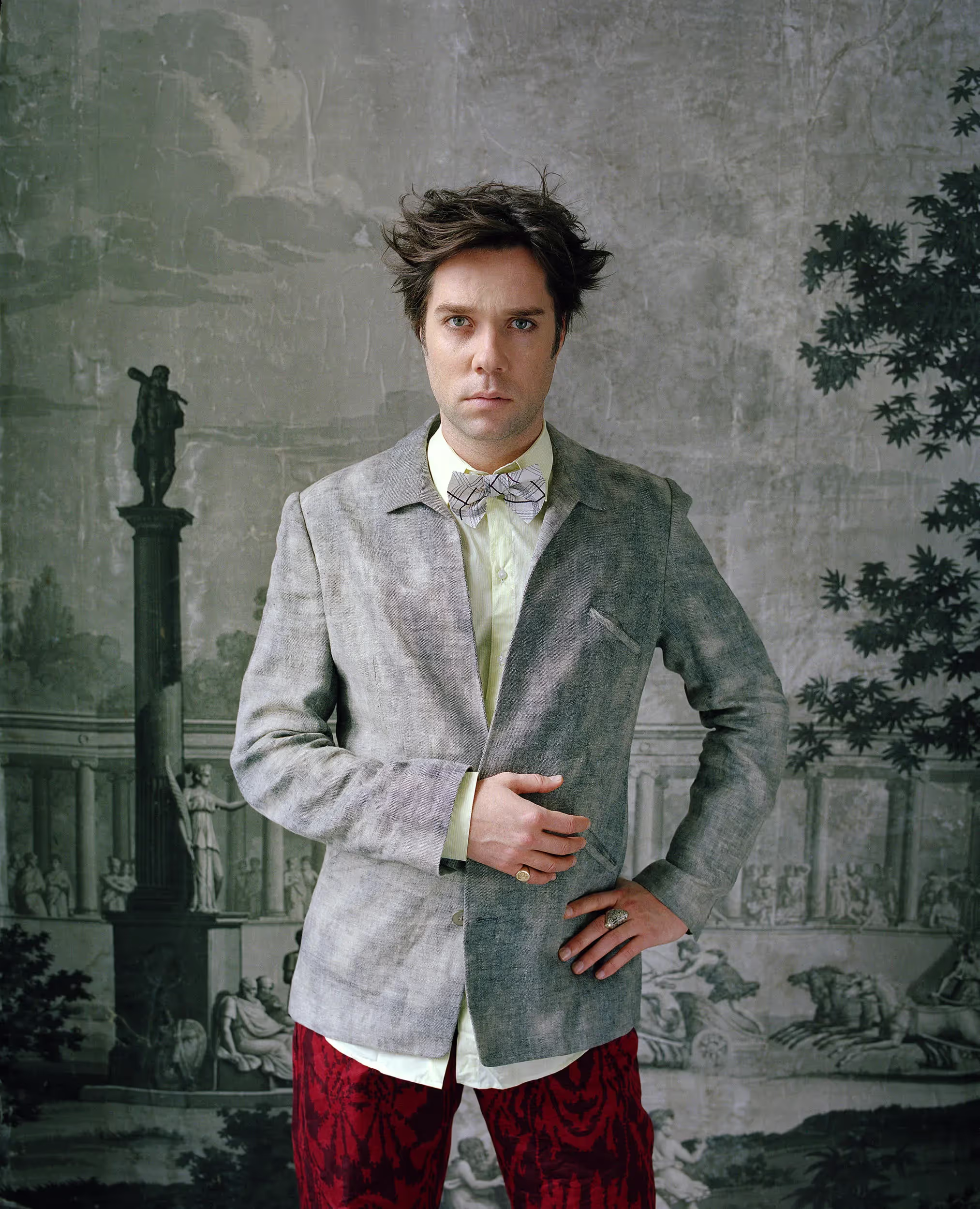
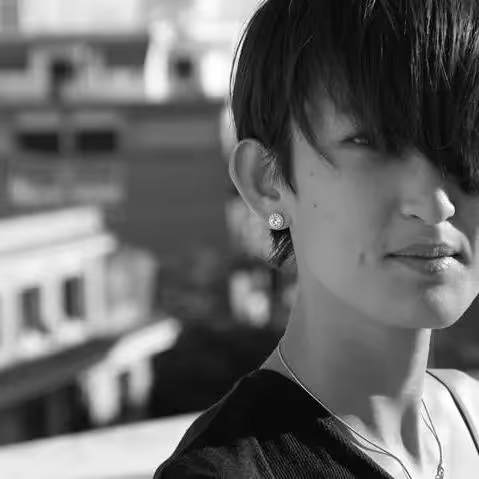
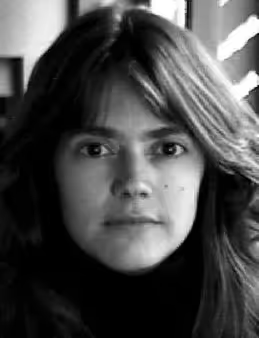

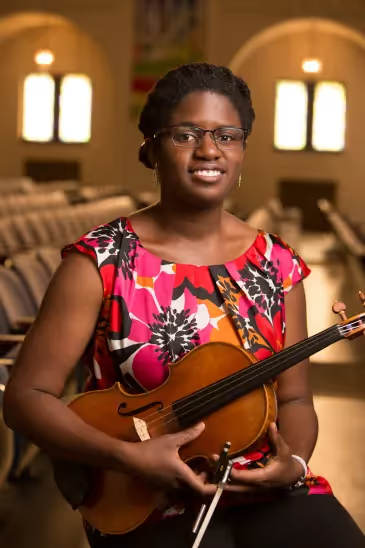
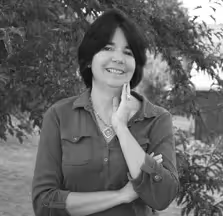
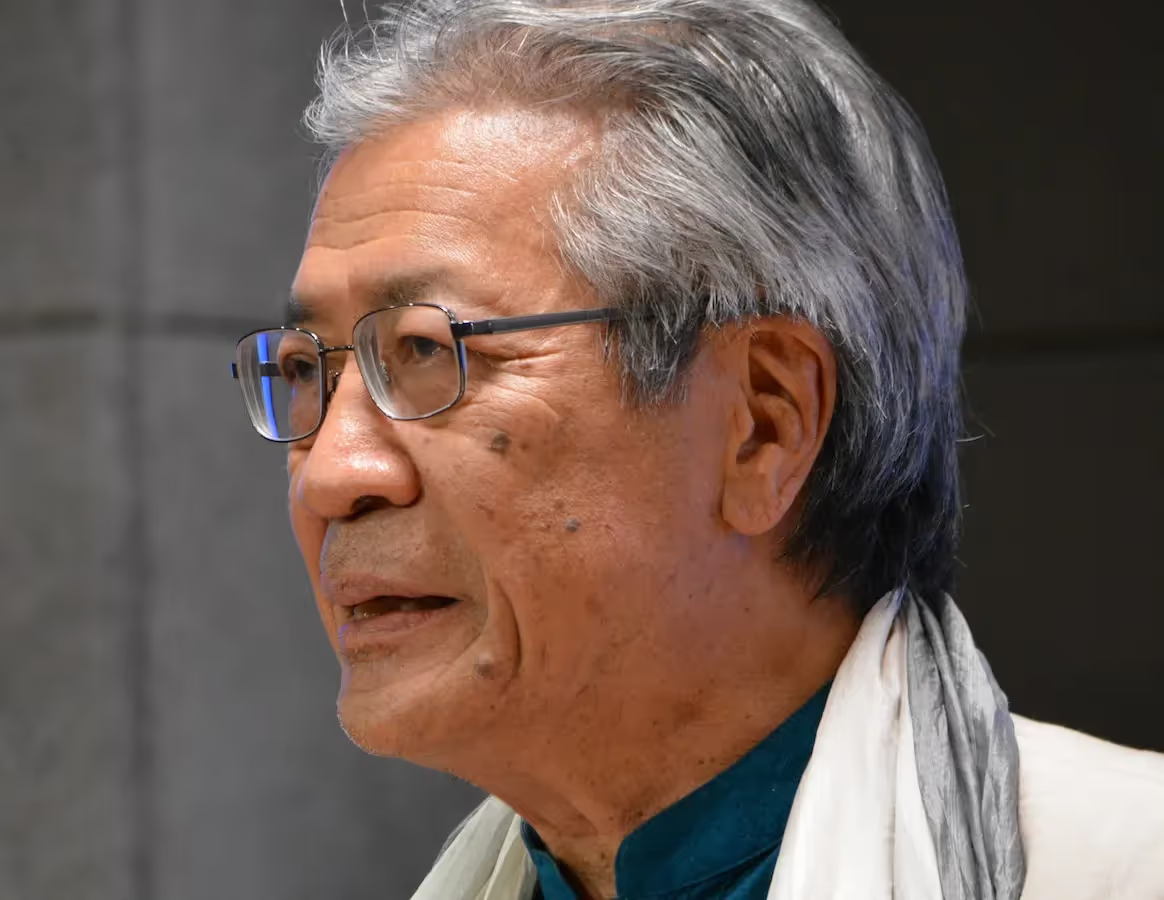
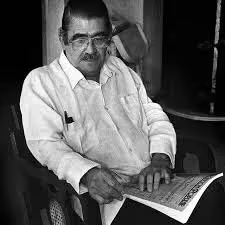


More information about this work please fill out the form below.
Thank you! Your submission has been received!
Oops! Something went wrong while submitting the form.
The inspiration for "When a Cardinal Fell from the Sky" came from the body of a stunningly beautiful female cardinal, found lifeless near the composer's house on a chilly morning of January 2007. The piece offers both the composer's emotional reaction to the discovery and an attempt at reconstructing the last moments of the bird's consciousness.
There are three significant musical elements in the piece. The series of strikes by the entire orchestra represents both the emotional shock of finding the beautiful creature lying on the ground and the imagined cause of the bird's fall. The chatter created by the strings throughout the piece represents birds in busy conversation. It also refers to daily conversation, the source of information and social identity that is often lost in the buzz of individual worries and self-consciousness. The last of these three elements, repeated notes appearing in the last half of the piece, are sung by an imaginary chorus of bird angels and symbolize the resilience of creative minds. They accompany the listener through the final segment of the piece, representing the hope and liberation that come with the final ascension to the sky.
The work was first completed in March 2007, originally bearing the title of "Untitled Song for the Bird", and has been heavily revised throughout 2008. It is approximately 8 1/2 minutes in length. A performance by the American Composers Orchestra would constitute the premiere of this work.
There are three significant musical elements in the piece. The series of strikes by the entire orchestra represents both the emotional shock of finding the beautiful creature lying on the ground and the imagined cause of the bird's fall. The chatter created by the strings throughout the piece represents birds in busy conversation. It also refers to daily conversation, the source of information and social identity that is often lost in the buzz of individual worries and self-consciousness. The last of these three elements, repeated notes appearing in the last half of the piece, are sung by an imaginary chorus of bird angels and symbolize the resilience of creative minds. They accompany the listener through the final segment of the piece, representing the hope and liberation that come with the final ascension to the sky.
The work was first completed in March 2007, originally bearing the title of "Untitled Song for the Bird", and has been heavily revised throughout 2008. It is approximately 8 1/2 minutes in length. A performance by the American Composers Orchestra would constitute the premiere of this work.
Recordings
No recordings found.
ACO PERFORMANCES
18th Underwood New Music Readings (2008-2009)
Recording
Journey
Neither man nor money validate my worth
Water Sings Fire - Excerpt
The Winter that United Us
Song of the Flaming Phoenix: Symphonic Poem for Sheng and Orchestra by Fang Man
Words for Departure for choir and orchestra by Hilary Purrington
No Thing Lives to Itself by Robin Holcomb
Red Dirt | Silver Rain (excerpt)
Bolero/Bachata from Tumbao
"Tumbao" Movement 1 "Salsa"
Yvette Janine Jackson Interview with Garrett McQueen
Mark Adamo + Jeffrey Zeigler in conversation with Garrett McQueen
Weathering by George Lewis
Lisa Bielawa: Sanctuary, Violin Concerto. mvt 3
Lisa Bielawa, Sanctuary, Violin Concerto mvt 2
Lisa Bielawa, Sanctuary, Violin Concerto mvt 1
Prophecy in Reverse by Paula Matthusen
Invisible Portals by Dai Wei
Tuxedo: Vasco 'de' Gama (2020) by Hannah Kendall
Restless Oceans by Anna Clyne
Viet Cuong + Victor Caccese of Sandbox Percussion in conversation with Garrett McQueen
Hello, Tomorrow! - Yvette Janine Jackson
Interview with Guillermo Klein
Chrystal E. Williams & Felipe Hostins in Conversation with Loki Karuna
Rei Hotoda in Conversation with Curtis Stewart
Kaki King and D. J. Sparr in Conversation with Curtis Stewart
Kaki King /D J Sparr - The Divided Mind from Modern Yesterdays
Kaki King - Puzzle Me You from Modern Yesterdays
Kaki King - Can’t Touch This or That or You or My Face from Modern Yesterdays
Kaki King - God Child from Modern Yesterdays
Materia Prima by Carlos Bandera
Floodplain by Ellen Reid
Fate Now Conquers by Carlos Simon
Her Land, Expanded by Tonia Ko
Right Now - John Glover/Kelley Rourke
Lowak Shoppala' (Clans) by Jerod Tate
Jazz Symphony by George Antheil
Spirituals for String Orchestra: 10. Homage To Ravel (An Arrangement of “Balm in Gilead”) by Steven R. Gerber
Frailejón by Samuel Torres
Demografía acústica: % / Acoustic Demography: % by Sofía Scheps
Dirty Ice by Madeline Merwin
Kaleidoscope by Eunsung Kim
Statements- a journal entry by Malachi Brown
After the Freeze by Anuj Bhutani
Hommage à Khāleqī by Daniel Sabzgabaei
Mimi's Song by Amy Nam
Gia Đình by Oswald Huỳnh
Rencontres by Brittany J Green
I forgot to say good morning today by Henry Dorn
Feast of Particles by Younje Cho
Fetters by Yuqin Strucky Yi
Increment by Will Stackpole
Restrung by Tommy Dougherty
Ashes and Embers by Yuting Tan
Wraith Weight by Elijah Smith
Bolghar by Adeliia Faizullina
Persephone by Patrick Holcomb
Tomas Peire Serrate: Rauxa
Lowak Shoppala' (Clans) by Jerod Tate
Right Now by John Glover & Kelley Rourke
Fate Now Conquers by Carlos Simon
Carlos Simon in Conversation with Garrett McQueen


